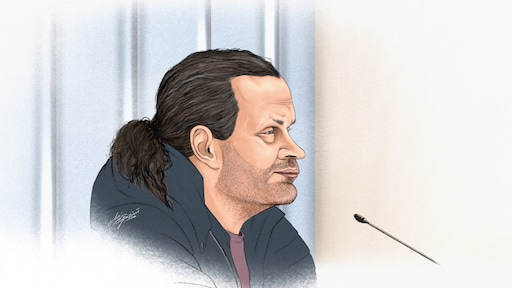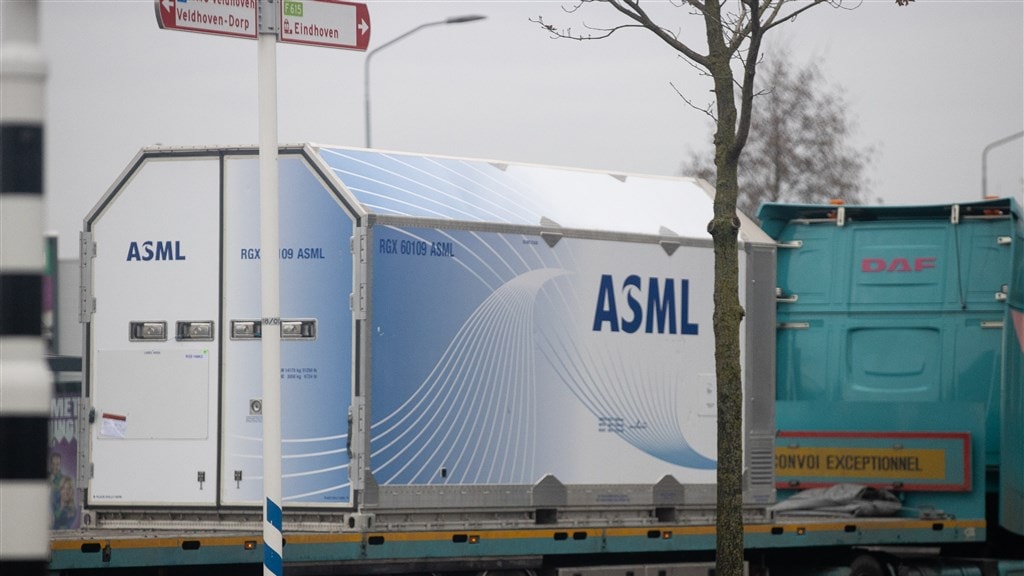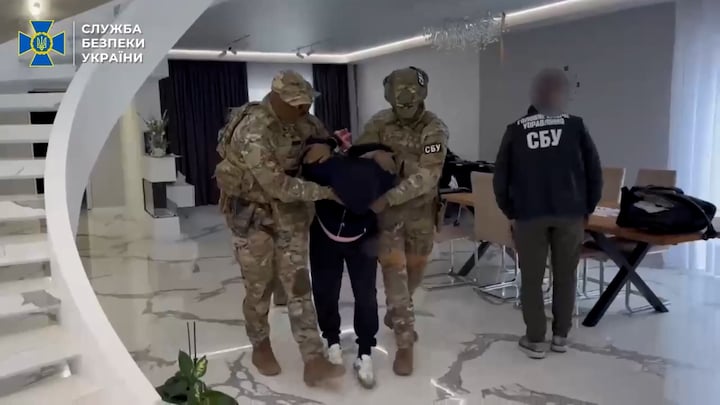Three years in prison for Russian ASML spy: 'Sharing trade secrets is extremely serious'


A Russian man who passed on trade secrets from ASML and other companies to his home country has been sentenced to three years in prison. The Public Prosecution Service demanded a four-year sentence, but the Rotterdam District Court found no evidence that he actually sold the information.
The 43-year-old German A. worked for many years in the Dutch technology sector and was also affiliated with TU Delft.
The lawsuit reveals that A. shared technological knowledge with a person in Russia for a year and a half. While working at ASML and NXP, he copied information from his employer's servers.
At these employers, A. also committed computer hacking. He also "regularly gained access" to ASML's network for over four years, even though he didn't need that information for his work. When his employment ended, he still had ASML files in his possession.
'Own use'"I had saved ASML files for my own use. Whether those files were allowed to go to Russia? I didn't ask," the suspect himself said during the hearing. He did, however, admit to giving "advice."
By sharing the files, A. is said to have provided technical assistance to someone in Russia so that microchips could be produced there.
According to the Public Prosecution Service, A. deliberately and brazenly ignored both international and national regulations by passing on technical knowledge.
According to the Public Prosecution Service, A. sold secrets to the Russian intelligence service SVR. This type of advanced chip technology is prohibited from being exported to Russia because it could contribute to the Russian arms industry. He allegedly received at least €43,900 for his services. This was not proven by the court.
Extremely seriousNevertheless, the judge ruled that a "substantial" prison sentence is justified. "The fact that the files contain outdated information is irrelevant, as this information could be of great value to a country with a (much) lower level of knowledge."
According to the judge, it is also not the intention for a country at war to profit from advanced technological knowledge. The court cited a package of sanctions imposed in 2014 following Russia's invasion of Crimea. That package was expanded following Russia's invasion of Ukraine three years ago.
The judge calls providing advice and sharing information to Russia "extremely serious".
Espionage is becoming more common. Intelligence agencies have been warning about it for years. They see Russia and China increasingly trying to steal sensitive data from governments and companies.
For example, a few years ago, a Russian intelligence officer was prevented from spying at the International Court of Justice in The Hague. In 2022, seventeen so-called Russian diplomats were also expelled for espionage. They posed as diplomats but were actually spies.
Increasingly braverThe Russians are also becoming increasingly brazen in their actions, the Military Intelligence and Security Service (MIVD) reported earlier this year. In 2024, there was an increase in Russian hybrid attacks.
The MIVD (Military Intelligence and Security Service) called this a "tipping point." The Netherlands is particularly attractive to Russia because of its support for Ukraine, the presence of international organizations like the OPCW, and because the Netherlands is a logistical hub.
For example, the Royal Navy escorted six Russian ships:
RTL Nieuws








